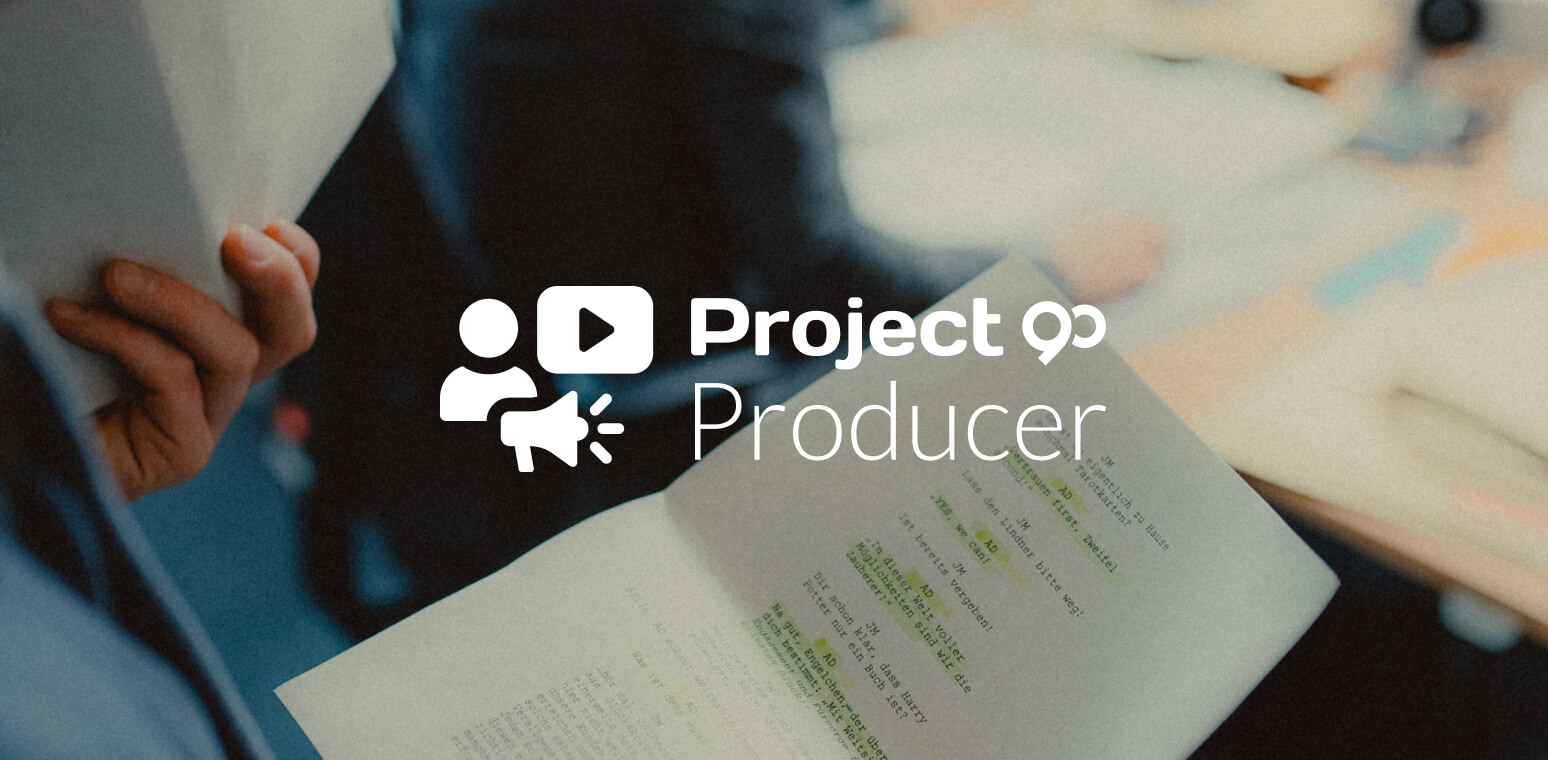Hi,
Get in touch with us today to chat about your next project.

Producers play an important role in video production both in management and creative capacities.
Opposed to being an in-house producer, you have the freedom to work on whichever projects you choose in terms of the genre and the people you’ll be working with.
Depending on the project and director, you could even have a hand in writing the script and casting in addition to the project management duties normally expected of freelance producers.
Set your resume for maximum employability. This may mean taking production gigs that are outside the realm of what you’d really like to work in so you can have the chance to work on what you really want to.
If you envisioned producing documentaries but the only work around is for indie horror films, you’ll want to take the horror film gig to get some experience and meet people.
Directors and other decision makers want to see what kind of work you’ve done and broadcasters and production companies you’ve worked with, and you want your resume to contain films and companies they’re familiar with.
Craft different resumes and reels according to the gig you want. If you really want to work on music videos but found that the only work available to you so far was children’s programming, that cutting-edge band probably isn’t going to be too happy if your resume consists of irrelevant work.
You’ll need to make different versions of your resume and demo reel according to the types of gigs you want: A documentarian is going to have different expectations than a feature film director.
A producer needs to have excellent interpersonal and conflict resolution skills. Producers act as set managers and are usually looked upon to solve conflicts among cast and crew.
You will also have to communicate with any other parties involved in the shoot like investors, distributors, and advertisers among others.
Since producers are the film’s managers, project management skills are a must along with financial management. The director and crew are going to rely on you to make sure that the production stays on time and on budget, and that the set isn’t complete anarchy but also not over-managed to the point that the crew can’t do their jobs.
It’s a good idea to learn how film editors do their jobs since producers often have a hand in how the final cut of a film comes out, and it will enable you to give more valuable feedback on work prints. If you have editing skills, it will also enable you to charge more and get more work.
Producers also can be involved in script writing and editing so if you love to write, develop those skills because it will make working with writers easier and even open doors for other opportunities like helping the film get financed.